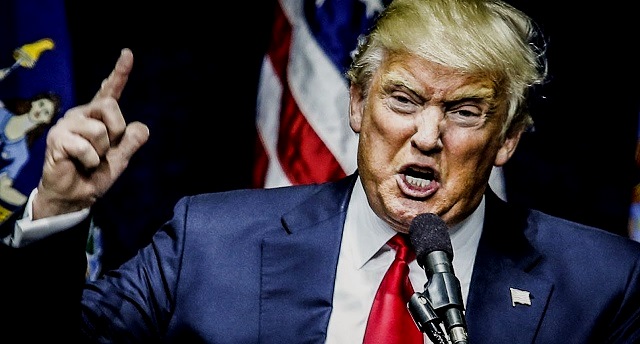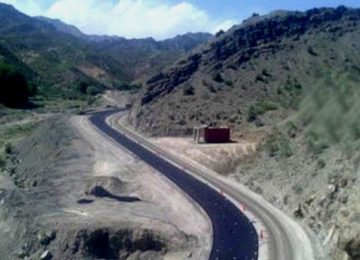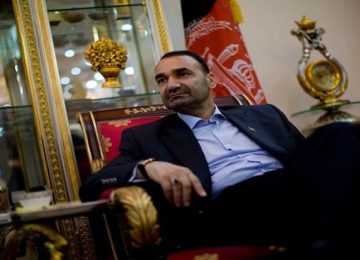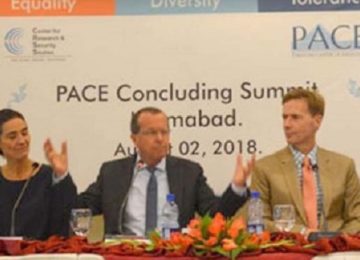January 15, 2018
By: Dr. Sophia Imran and Neelum Maqsood
The Trump administration recently decided to block all security assistance to Pakistan until the latter proves its commitment to fight terrorist groups operating in the region. The decision was announced three days after Trump tweeted that Pakistan had used ‘lies and deceit’ and taken Americans for ‘fools’ in receiving substantial sums of money for aid while giving shelter to terrorists.
The suspension affects the $350 million from the Coalition Support Fund, which the Pentagon pays to reduce the costs of counter-terrorism operations in Pakistan. Pakistan’s response to Trump’s rebuke shows Pakistan’s resolve to not bow down to US pressure, reminding Washington of the land and air communication, military bases and intelligence cooperation that led to the destruction of Al-Qaeda and other militant groups.
The US State Department has alleged that Pakistan needs to earn the money it gets from Washington. In the last 15 years, the US has given Pakistan only $19 billion in aid, out of which nearly 10 billion has been used towards the US-led war on terror in Afghanistan. Pakistan’s Central Bank report also states that the “War on Terror” has cost Pakistan $118 billion. Trump also conveniently forgot to mention these financial and human, with more than 60,000 lives lost, sacrifices that Pakistan has made in this war.
Not only has Pakistan extended help to the US for the fight against terrorism in Afghanistan, it has also been battling extremism on its soil and has effectively combated the groups that target Pakistani interests; such as Al-Qaeda, ISIS and the Pakistani Taliban. Pakistan understands that a stable Afghanistan is necessary for the restoration of regional peace and is equally important for the national interest and solidarity of Pakistan.
Donald Trump’s tweet was not only uncalled for, it also lacked any historical accuracy. The US has also made little progress in Afghanistan since 2001, with Pakistan bearing the brunt of the consequences. These include a massive influx of Afghan refugees into Pakistan and cross- border terrorism against Pakistani civilians. Washington is using Pakistan as a scapegoat amid imminent failure.
Historically speaking, the pressure tactics applied by the US to intimidate Pakistan have been counterproductive for Washington. This time around, these pressures might prove to be a blessing in disguise as Pakistan might finally rid itself of US aid. Historically, whenever the US has refused to provide financial assistance to Pakistan – in the 1960’s and 1990’s – Islamabad has taken those opportunities to strengthen its defence and deterrence capabilities.
Trump has also ignored the reality that the US has done little to stabilise Afghanistan’s economy. The US has spent billions of dollars on “reconstruction” of Afghanistan, but a study by the Watson Institute at Brown University shows that reconstruction aid has been primarily used for policing Afghanistan. Framing the aid as reconstruction appeals to the American spirit of generosity and gives the impression to the public that this aid has been used for rebuilding infrastructure and the provision of basic humanitarian needs.
If the US wants to see a stable Afghanistan, its aid should be channelled to benefit the population in Afghanistan. China and U.S. should reach a consensus on the framework needed for the development of Afghanistan, with the full cooperation from all political factions in Afghanistan. The economic dividends of the China-Pakistan Economic Corridor (CPEC) should be extended to Afghanistan with Kabul taking the lead in driving economic initiatives in the region.
The constant US assertion that Pakistan could ‘do more’ to support counter-terrorism efforts, signals the need for Pakistan to rethink and re-balance its relations in the region. This is a critical moment for Pakistan to consider a change in its foreign policy. Pakistan’s foreign policy has been US-centric at the cost of stronger relations with Russia and Iran.
Restricted by its alliance with the US, Pakistan has not negotiated with the world from a position of autonomy and equality. Pakistan’s relationship with the US has weakened in the past few years and significantly deteriorated since Trump took office. This could be a watershed moment for Pakistan. Pakistan could emulate other powers in the region, for example India, which have adopted a foreign policy marked by their desire to remain autonomous. India has negotiated with the world with its own strategic, economic and political interests in mind.
It is, therefore, critical for Pakistan to direct its efforts towards internal reforms and build stronger trade and economic relationships with its neighbours. Pakistan can use this aid suspension to its advantage as it provides it with an opportune time to take an altogether different perspective towards Pak-Afghan relations. Pakistan needs to redefine its strategy that aligns with China’s Belt and Road Initiative (BRI) to create peaceful economic and trade partnerships.
It should focus its attention towards engaging Afghanistan, Iran and Turkey, in trade relationships through China-Pakistan Economic Corridor (CPEC). CPEC should be utilised as a spring board for broadening linkages with regional powers. Economic associations such as ECO have potential to strengthen alliances with Iran, Central Asia and Turkey; whether Pakistan will take advantage of these new strategic partnerships remains to be seen.
Sophia Imran is a development professional and a researcher. She has a PhD in Sustainable Tourism Management from University of Southern Queensland. She is currently focusing her research on public policy and peace related issues.
Neelum Maqsood is a development consultant with five years research experience in the areas of education and public finance. She studied economics from the University of Cambridge. Currently, she is focusing her research on CPEC and its impact on connectivity in the region.
Disclaimer: Views expressed on this blog are not necessarily endorsed or supported by the Center for Research and Security Studies, Islamabad.








